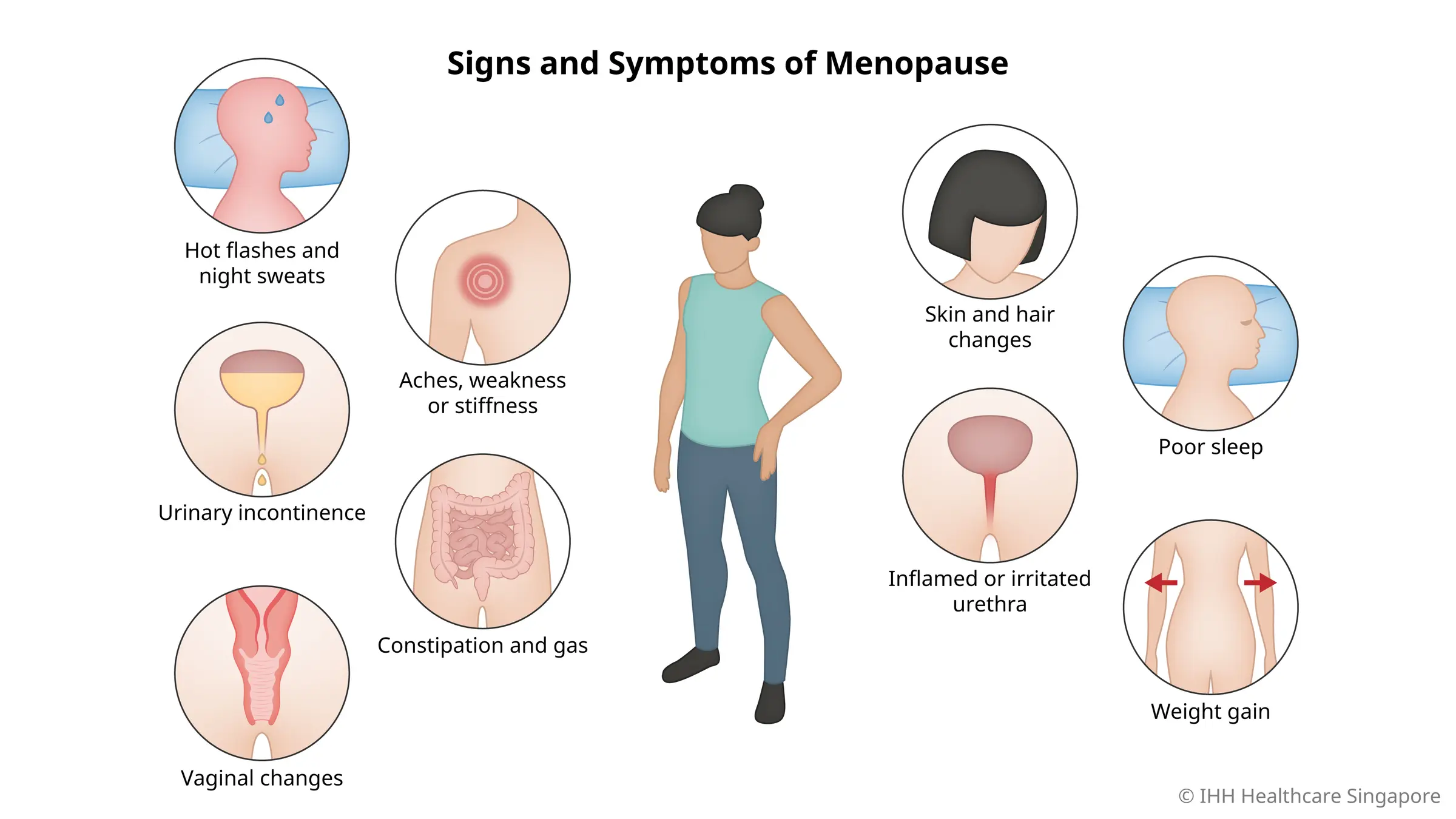
Introduction to Menopause
Definition and Overview
Menopause is a natural biological process that marks the end of a woman’s menstrual cycles. It typically occurs in their late 40s or early 50s, with the average age of onset around 51 in the United States. During menopause, a woman’s body goes through hormonal changes, leading to the cessation of ovulation and menstruation. This transition is often accompanied by various symptoms such as hot flashes, mood swings, and changes in sleep patterns.
A Brief History of Menopause Research
Research on menopause dates back to the early 19th century when scientists began studying the physiological and psychological effects of this phase in a woman’s life. Over the years, studies have focused on understanding the hormonal changes, genetic factors, and lifestyle influences that contribute to the menopausal experience. Significant advancements in hormone replacement therapy and other treatments have improved the quality of life for many women going through menopause. Today, ongoing research continues to explore new ways to support women during this natural transition.
Symptoms of Menopause
Common Physical Symptoms
Menopause is an inevitable phase in a woman’s life that brings about diverse physical and emotional changes. Among the common physical symptoms experienced during menopause are hot flashes, night sweats, vaginal dryness, and changes in libido. These physical manifestations are often disruptive and can impact a woman’s daily routine and overall quality of life. It is essential for women going through menopause to seek support from healthcare providers to manage these symptoms effectively and improve their well-being.
Psychological and Emotional Symptoms
In addition to physical changes, menopause can also have a significant impact on a woman’s psychological and emotional well-being. Mood swings, irritability, anxiety, and depression are some of the common psychological symptoms experienced during this transitional phase. The fluctuation in hormone levels can contribute to these emotional changes, making it crucial for women to prioritize self-care and seek professional help if needed. By addressing both the physical and emotional aspects of menopause, women can navigate this transitional period with greater ease and embrace the changes that come with it.
Menopause and Hormonal Changes
Estrogen and Progesterone Levels
As women transition through menopause, their estrogen and progesterone levels fluctuate, leading to various physical and emotional symptoms. Estrogen, responsible for regulating the menstrual cycle, decreases during menopause, resulting in symptoms like hot flashes and vaginal dryness. Progesterone levels also decrease, impacting mood stability and sleep patterns. Understanding these hormonal changes is essential for women to manage and cope with the symptoms effectively.
Impact on the Endocrine System
Menopause affects the endocrine system, which plays a crucial role in hormone regulation. The endocrine system, responsible for producing and secreting hormones, experiences alterations during menopause due to the decline in estrogen and progesterone. These hormonal shifts can influence metabolism, energy levels, and overall well-being. Managing the impact of menopause on the endocrine system is vital for women to maintain their health and quality of life as they navigate this natural phase of life.
Health Risks and Menopause
Osteoporosis and Bone Health
As women go through menopause, they face an increased risk of osteoporosis due to hormonal changes. Estrogen, vital for maintaining bone density, decreases during this phase, leading to a higher susceptibility to fractures and bone density loss. It is crucial for women to prioritize bone health by incorporating calcium-rich foods, vitamin D supplements, and regular weight-bearing exercises into their lifestyle to mitigate the risk of osteoporosis and preserve bone strength.
Heart Health and Menopause
Menopause can also impact heart health as the decline in estrogen levels is associated with an increased risk of cardiovascular diseases. Estrogen plays a role in maintaining healthy cholesterol levels and blood vessel function. Its reduction during menopause can lead to unfavorable changes in cholesterol levels and potentially raise the risk of heart disease. Women navigating through menopause should focus on maintaining a heart-healthy diet, staying physically active, managing stress, and regularly monitoring their heart health to reduce the risks associated with this transitional phase in life.
Also Read: Understanding Endometriosis: Causes, Symptoms
Managing Menopausal Symptoms
As women transition through menopause, managing the associated symptoms becomes a key focus for their overall well-being.
Lifestyle Changes
Incorporating lifestyle modifications can aid in alleviating menopausal symptoms. Regular exercise, such as aerobic activities and strength training, can help combat weight gain, improve bone health, and enhance mood. A balanced diet rich in fruits, vegetables, whole grains, and lean proteins can provide essential nutrients while minimizing discomfort. Additionally, adequate sleep and stress management techniques, like yoga or meditation, can contribute to a smoother menopausal experience.
Medical Treatments and Therapies
For women experiencing severe symptoms, medical treatments and therapies can offer relief. Hormone replacement therapy (HRT) is a common option to address hormonal imbalances and manage symptoms like hot flashes and night sweats. Other medications, such as antidepressants or specific osteoporosis drugs, may be prescribed based on individual needs. Consulting with a healthcare provider to determine the most suitable treatment plan is crucial for navigating menopause effectively.
